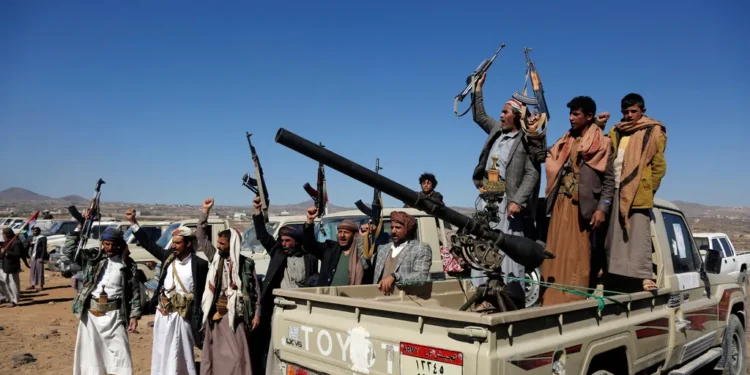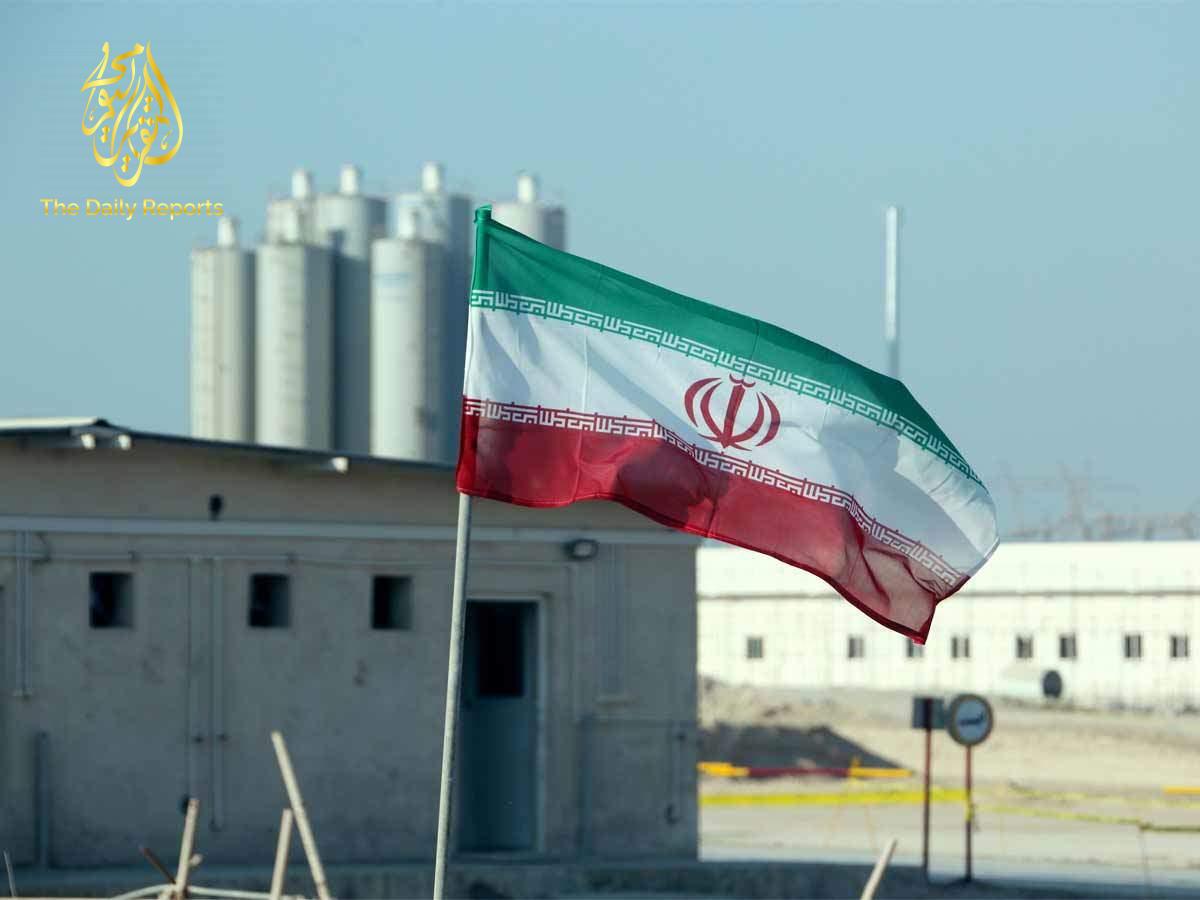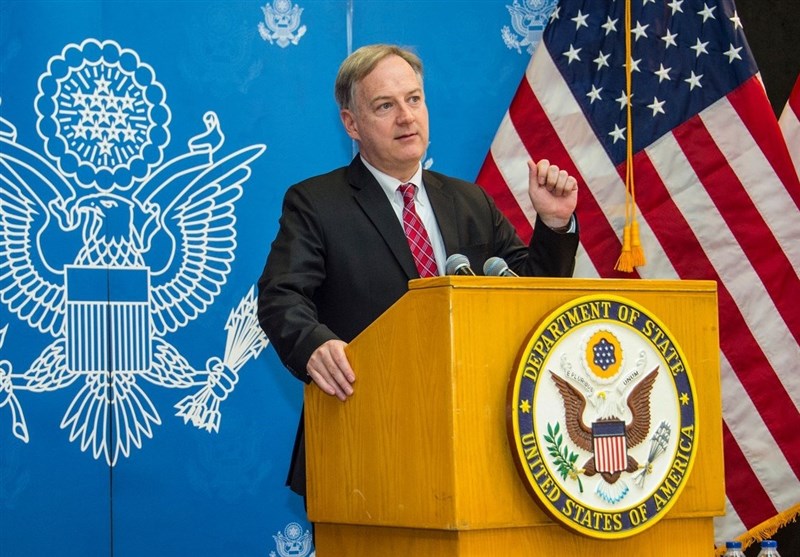On Wednesday, the Biden administration re-designated the Houthi rebels as a Specially Designated Global Terrorist (SDGT) entity, a move aimed at addressing the continued aggression by the Yemen-based militia. This decision comes amidst escalating attacks by the Houthi rebels in the Red Sea, posing a significant threat to global security and commerce. The U.S. administration emphasizes that these attacks constitute terrorism, a violation of international law, and a major impediment to the delivery of humanitarian aid.
It is noteworthy that the Biden administration had previously removed the Houthi rebels’ SDGT designation and de-listed them as a foreign terrorist organization (FTO) in February 2021. This decision was driven by concerns about the dire humanitarian situation in Yemen. However, mounting pressure and the surge in attacks in the Red Sea prompted a reevaluation of this stance.
The Houthi rebels claim that their attacks are retaliatory measures against the Israeli military offensive in Gaza. These attacks have not only intensified regional tensions but have also led to the closure of a vital trade route, impacting the global economy. In response to these developments, the administration opted for the SDGT designation, believing it to be the appropriate tool to exert pressure on the Houthi rebels.
The SDGT designation imposes economic sanctions, providing the U.S. with a flexible mechanism to scale up or down the economic pressure based on the Houthi rebels’ behavior. Unlike the FTO designation, SDGT does not include a travel ban on group members or authorize sanctions on those providing “material support.” The administration aims to focus on pressuring the Houthi rebels to cease their attacks on commercial vessels in the Red Sea.
To ensure that the humanitarian situation in Yemen is not adversely affected, the administration has imposed a 30-day waiting period before the re-imposed SDGT designation takes effect. This period allows for the establishment of robust humanitarian carve-outs to protect aid organizations operating in Yemen.
Officials assert that the designation is not intended to disrupt the fragile truce between the Houthi rebels and the Saudi-led coalition in Yemen. Instead, it is positioned as a reversible economic pressure tactic, signaling the possibility of rescinding the designation if the Houthi rebels halt their attacks.
Recent military actions by the U.S. and the U.K., including strikes against Houthi targets in Yemen, underscore the seriousness with which the international community views the situation in the Red Sea. President Biden has emphasized that these actions are defensive rather than escalatory, aimed at protecting international maritime vessels and ensuring the free flow of commerce.
In summary, the re-designation of the Houthi rebels as an SDGT entity reflects the Biden administration’s strategic response to the escalating conflict in the Red Sea. The flexibility of this economic pressure tool is intended to encourage a cessation of Houthi attacks while minimizing adverse effects on humanitarian efforts in Yemen. The administration remains open to reconsidering the designation if the Houthi rebels demonstrate a commitment to ending their aggressive actions.











